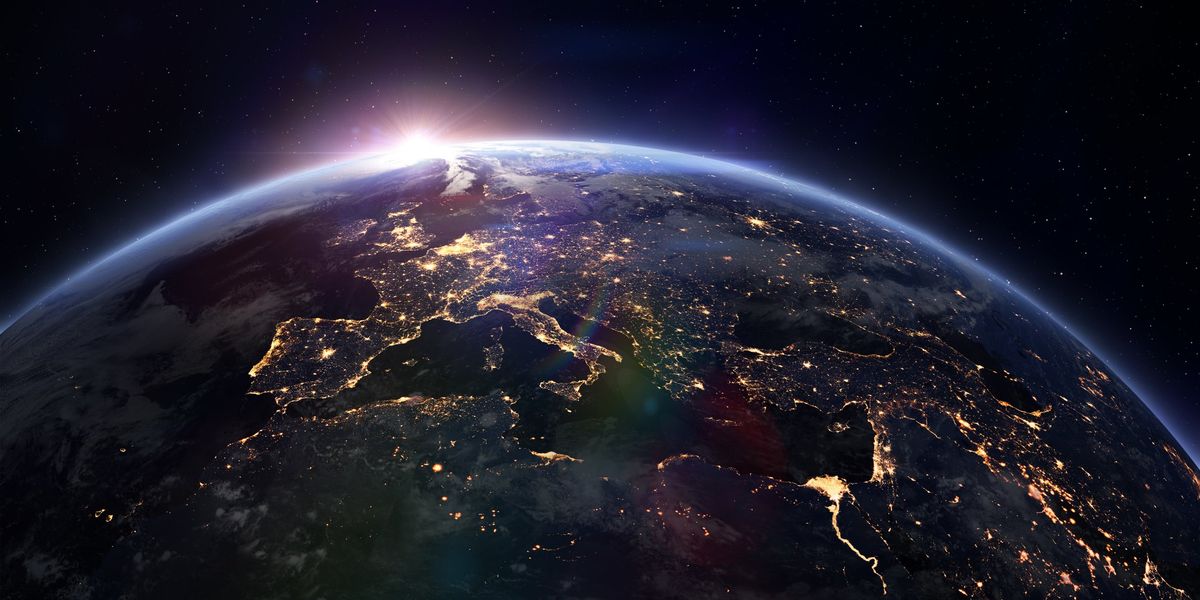Geoscientists discovered a continent that had been hiding in plain sight for almost 375 years.
Historically, there’s been speculation about whether a continent known as Zealandia or Te Riu-a-Māui in the Māori language exists.
According to TN News, Zealandiais 1.89 million square miles in size. It was part of a supercontinent called Gondwana, which included most of Western Antarctica and Eastern Australia, over 500 million years ago.
It was first said to be first discovered in 1642 by Dutch businessman and sailor Abel Tasman, who was desperate to uncover the “Great Southern Continent”.
Despite failing to find the new land, he met the local Māori, who were initially displeased by his arrival. However, they went on to provide valuable information about the surrounding land, including the existence of a large landmass to the east.
It wasn’t until 2017 that geologists discovered the continent had been hiding in plain sight all along.
Scientists agreed on the existence of Zealandia, which started to “pull away” from Gondwana for reasons scientists are still trying to understand.
Most of the newfound continent is underwater and has been used as an example by geologists at the Zealand Crown Research Institute GNS Science on how something “very obvious” can take a while to uncover.
“[It’s] a process which we don’t completely understand yet, Zealandia started to be pulled away,” Tulloch explained.
His colleague Nick Mortimer, who led the study, joked that it was “kind of cool” before explaining: “If you think about it, every continent on the planet has different countries on it, [but] there are only three territories on Zealandia.”
That’s not all! Here’s the best of our science coverage:
Sign up for our free Indy100 weekly newsletter
Have your say in our news democracy. Click the upvote icon at the top of the page to help raise this article through the indy100 rankings.

Dr. Thomas Hughes is a UK-based scientist and science communicator who makes complex topics accessible to readers. His articles explore breakthroughs in various scientific disciplines, from space exploration to cutting-edge research.








